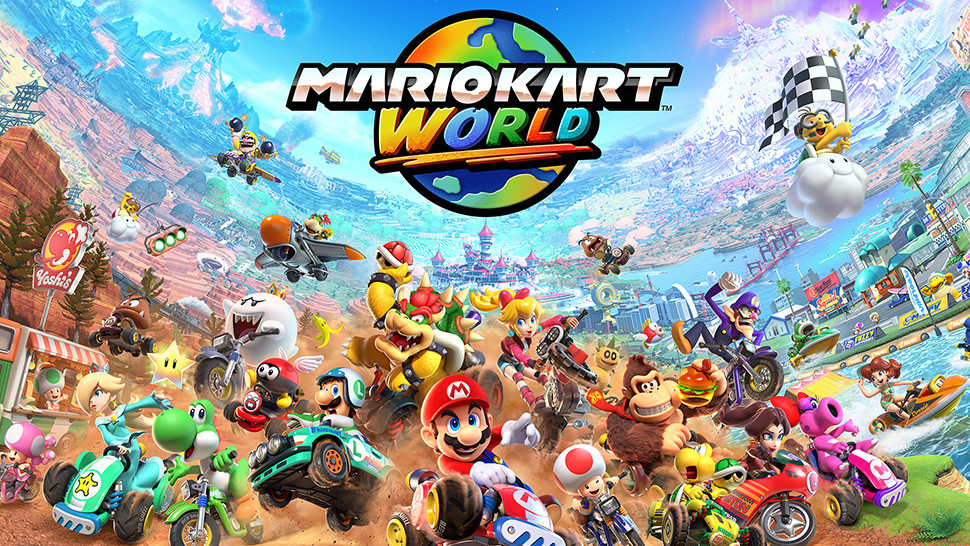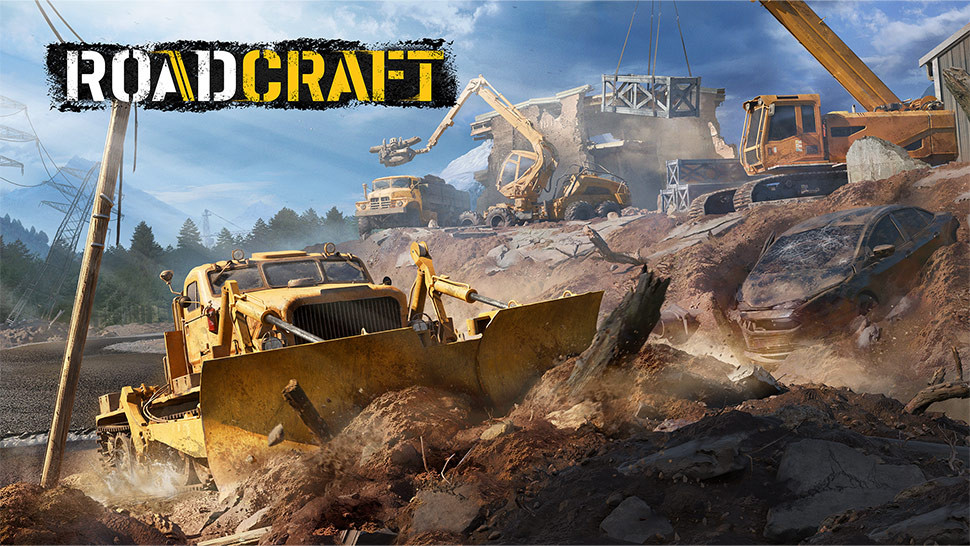God of War: Ascension Review
 By Kevin Mitchell | Apr 15, 2013
By Kevin Mitchell | Apr 15, 2013
Acting as a prequel for the God of War series, Ascension takes place 10 years before the events of the first God of War as Kratos tries to break free of his blood-oath to Ares after he is tricked into murdering his own family. Constantly tortured by The Furies who have imprisoned Kratos for his betrayal, Kratos is unable to distinguish between what is real and what is not. Unlike the rest of the series, Ascension features a somber Kratos, lamenting his choices that led to the death of his wife and daughter by his own hands.
Recounting Kratos's past before he became a god killer, Kratos must battle against the three Fury sisters: Alecto, Megaera, and Tisiphone. He still wields the Blades of Chaos, but this time it is the only weapon he uses. There are a handful of different weapons (great swords, clubs, and spears) that can be picked up off the ground, but are limited in their use. In previous titles, Kratos acquired new equipment after defeating one of the many gods he killed, but in Ascension the Blades of Chaos acquire four different elemental powers to enhance it: Soul of Hades, Ice of Poseidon, Fire of Ares, and Lightning of Zeus.
The combo-based combat system will instantly feel familiar to anyone who has played a God of War game in the past. Various orbs are still collected and used to upgrade not only the strength of the Blades of Chaos but can level up each of the elemental powers as well. The combat feels less varied from the previous games, besides the obvious visual flair, since it's technically still the same base weapon. Magic is tied to the different elements, but isn't unlocked until the specific element hits the maximum level, essentially locking you out of the coolest looking attacks until the tail end of the game. Unlike the title of the game implies, the combat system has failed to ascend, feeling quite similar to the past iterations; which isn't the only aspect of the series that is beginning to feel stale.
Without the Greek gods to drive his rage, Kratos feels like he is simply going through the motions in Ascension. The set pieces are full of amazing epic moments, as you would expect in a God of War title, featuring massive environments with top-notch production values. Ascension isn't only the best looking God of War game to date but may also be the best looking PlayStation 3 title. The highly cinematic camera helps to showcase the amazing lighting and textures of not only Kratos's ash-covered body sans the impressive looking scars from God of War 3, but the highly detailed and varied environments. Whether he is pushing blocks inside an out-of-control flaming furnace or sliding down massive mechanical snakes across the snowy mountain tops of The Temple of Delphi, the game looks gorgeous. On occasion, the camera does zoom out way too far, making it nearly impossible to see the ongoing action. At first, I thought the action was going to freeze as it continued to pull back, but I was surprisingly alerted as my health kept decreasing until I was eventually killed. Kratos's lost rage in Ascension transitions over to the player as the trial and error approach to some of the puzzles and environmental traversal are quite frustrating.
The infamous QTEs that have scrutinized the series since the first game are still present for boss fights but have been changed for normal enemies to "mini-game" style prompts, allowing Kratos to dodge incoming attacks and continuously stab and slice his enemies. Missing a prompt on the QTE battles will either lead to an instant death or force the player to redo the entire chain from the beginning. At some point, Santa Monica needs to evolve this aspect of the game, where missing a single prompt doesn't cause you to have to redo the entire frustrating sequence. Throughout the entire game, the QTEs only utilize the face buttons, but the final boss battles add thumb stick movement into the mix, catching me off guard.
Without much change to the combat mechanics in the game, it feels like every new room or area entered becomes a gated battle against a changing number of waves of enemies. Utilizing the Amulet of Uroborus (Kratos acquires too late into the game in my opinion) allows you to manipulate time, rebuilding destroyed bridges and various sections of the environment. Parts of the environment can be suspended in the air, stuck between its final decayed state and being rebuilt, providing access to certain areas and secrets.
The updated rage meter now allows Kratos to unleash more powerful attacks, but filling it is a challenge in itself. Many of the encounters pit multiple foes against Kratos and a single attack will instantly drop the rage meter. One would think if Kratos is constantly getting attacked his rage would grow, not subside, but maybe I'm thinking into it too much. Another awkward addition to the game involves Kratos sliding down collapsing pathways, which feels out of place in God of War and happens way too much in the game. It almost feels like the developers were using it as a crutch to get Kratos around the environments.
The newly included multiplayer modes for the series feature a fully implemented leveling system with various armor and weapon sets to unlock. The slight changes to the combat mechanics in Ascension feel more natural in the competitive multiplayer modes where you are pitted against other players that are able to use the same skills. After pledging your allegiance to one of the gods – which are broken down by the elemental powers from the single-player – players are tossed into combat set across a handful of different modes. Besides the standard Deathmatch and Capture the Flag modes, Ascension features a mode called Favor of the Gods, pitting Spartans and Trojans against each other to earn enough points to win the match. Besides killing members of the other team, points – called favors – can be earned by capturing set locations, opening chests, and setting traps for the other team. In the Desert of the Lost Souls (a returning location from the original God of War), Polyphemus – a massive Cyclops – is chained up and teams must battle each other to earn the right to slay him, earning a large amount of favor. Outside of the competitive multiplayer modes, Trials of the Gods can be played cooperatively against waves of increasingly difficult enemies.
Simply Put
While still a fun action title providing the same thrilling cinematic moments that the series has been known for, Ascension, however, doesn't do anything to evolve the series. The narrative failed to grab my attention, and I was more interested in getting through the game to see the next epic boss battle more than anything else. Multiplayer provides some fun moments but isn't as deep as it needs to be to keep players around. God of War: Ascension is a good game, but it's also a very safe sequel that fails to advance the series.
Note: God of War: Ascension was reviewed on PlayStation 3. A physical copy of the game was provided by the publisher/developer.




